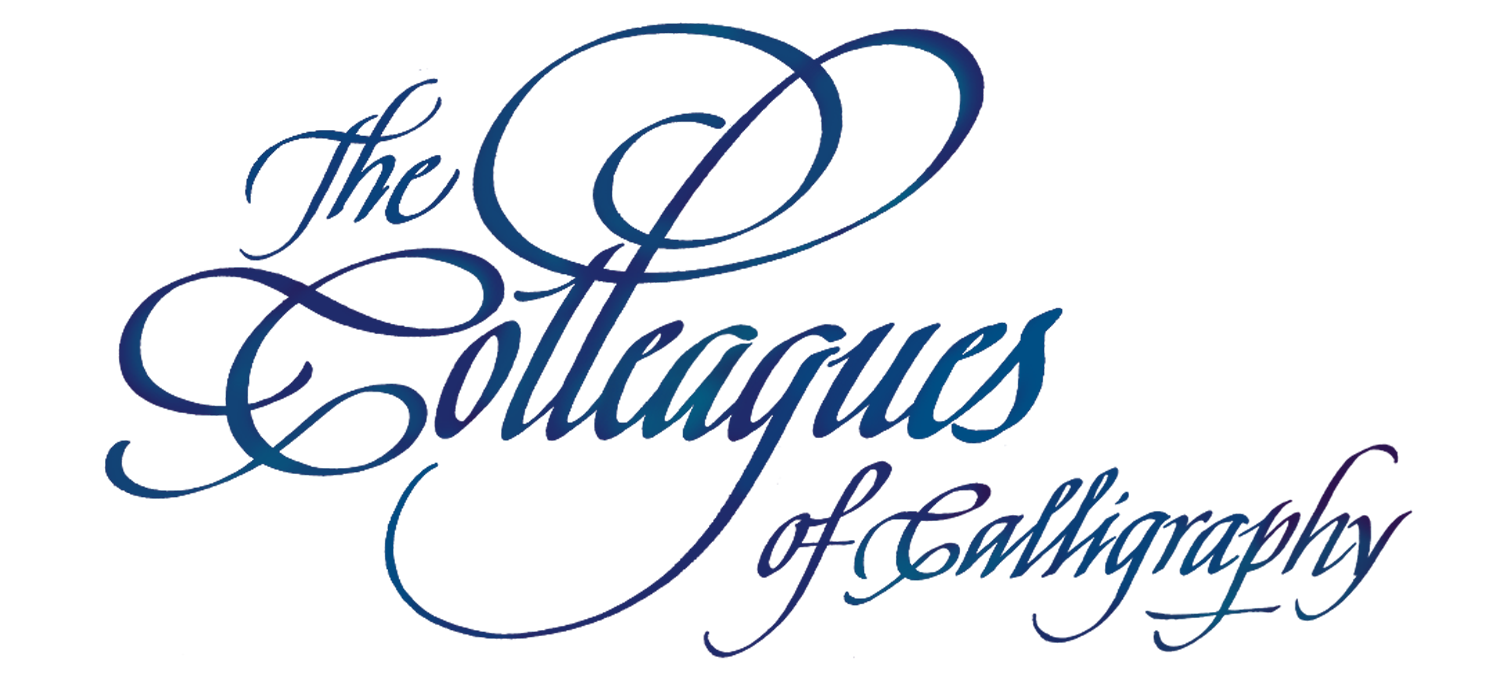Georgia Greeley is a book artist, poet, printmaker, calligrapher and teacher. Her art work reflects all of these “hats”. As presenter for our Colleagues program on March 18, 2017, Georgia led us through the making of a unique artist book, containing colorful samples of our own art.
The book can also serve as a sort of a table-top sculpture. Recently, Georgia shared comments about her work with fellow Colleague, Jean Formo.
J: Any memories of your childhood art?
G: I remember receiving a ream of 11 x 17 paper as a Christmas present when I was eight. My father once complimented my ink and watercolor drawing, saying it looked like an Asian work. As a teen I asked my mother about a drawing I’d finished. She said, “That’s a good beginning.” I was devastated and did not ask her advice again for many years.
J: What inspires you to create?
G: What I see. The startling paradoxes and juxtapositions that occur in life. I often can’t tell if my writing inspires my visual work or vice versa. The two disciplines (writing and visual art) are very symbiotic for me in a wonderfully exponential and positive way.
J: What part does expression play in your letterpress/printmaking work?
G: I’ve learned to start with a plan or idea, and leave openings to respond to the accidents and surprises produced by the media and method. My inspiration or motivation is almost always to express a compelling moment or to figure something out.
J: What offers the most challenge to you in your work?
G: Finding time to take care of the business of life and still having enough emotional and physical space left to do my creative work. Scheduling my creative time and sticking to it.
J: What are your favorite tools and materials? Favorite artists?
G: Tools: printing press, etching press, folded pen, variety of pens and nibs, computer possibilities. Materials: variety of papers, inks, watercolors, experimental bases for etching press, photo polymer plates, gel plates. Artists: Georgia O’Keefe, Corita Kent, Aubrey Beardsley, Maria Sibylla Merian, Piet Mondrian, Vincent Van Gogh, Remedios Varo, Mary Cassat.
J: What are your artistic goals for the future? Any new directions?
G: I set monthly and yearly goals. This year I am going to bring calligraphy into my print and book work and attempt to illustrate three children’s picture books I’ve written. I have to finish a collaboration I started last year, and begin another I committed to this year with other artists and writers. I plan to focus more on calligraphy, my biggest new direction.
J: What brings you joy in regard to your practice of art?
G: The creative problem solving, the act of making, and the constant learning I am blessed with during both processes.
J: What continues to draw you toward teaching?
G: I keep thinking I am going to stop teaching and spend more time doing my own work. Then someone asks me to teach something new or challenging and I think it sounds fun, and I say yes.
J: What makes for successful learning?
G: Being able to see freshly through failure, success, and process.
J: If you could distill your artist statement, what would it say?
G: I see. I make. I breathe.
J: Your work is so varied in scope and medium. How do you apply calligraphy to it?
G: Applying calligraphy is new for me, though I’ve done it in a spotty fashion for over 30 years. I’m experimenting at the moment. I just made a piece that uses printed letterforms as a design background and added a poem done in calligraphy in some of the negative space. I liked the outcome despite the fact that I need lots more calligraphy practice.
J: What kinds of classes do you teach at Minnesota Center for Book Arts?
G: I usually teach binding, some 2D design, page design, and color design. Every now and then I teach how to include writing within the visual work.
J: What first drew you to book art?
G: Being able to pull so many things I am passionate about into one vessel – the book.
Photo credit for banner image: T.J. Goerlitz




